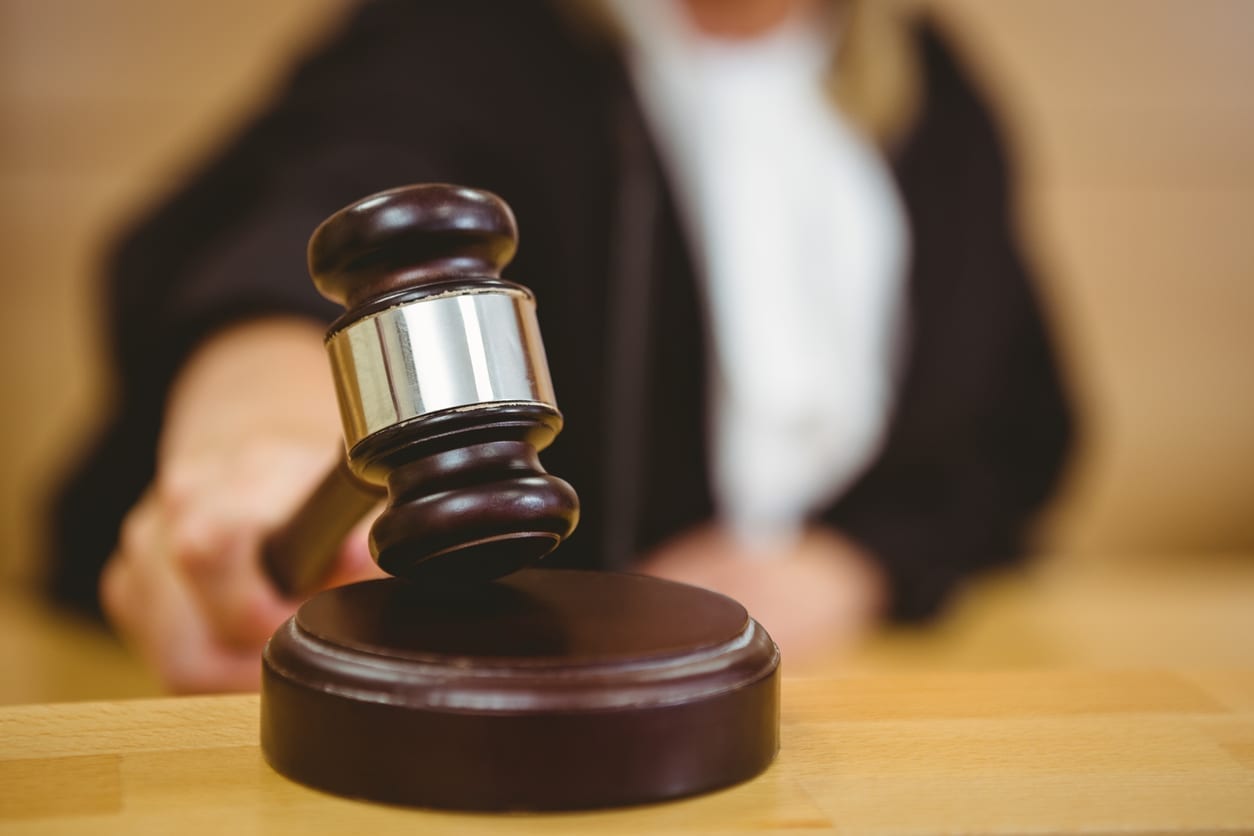In many cases, you can be released from prison before your sentence is complete. This is known as parole in state systems. As part of your sentence in the federal system, you will have a period of supervised release. These are very similar. With both, there will be rules that apply to your release. In either case, if an offender violates these terms of release, they can face serious consequences.
What are some typical terms of release?
Unless you complete all of your sentence in prison, you will have terms of release when you leave. These will vary depending on your crime, your behavior and where you are in prison. However, some terms of release are fairly universal.
Often, as part of your release agreement, you must:
- maintain a job and home,
- not commit any crimes,
- go to substance-abuse meetings,
- not contact any victims of your crimes,
- stay within a certain geographic area unless you get permission from your parole officer, and
- not use drugs or alcohol.

What happens if you break any terms of your release?
If you violate your terms of release, you could be in trouble. Even small offenses could send you back to prison. In some cases, this is up to your parole officer or supervisor. You might commit a small violation, such as showing up late for a meeting or class. The person supervising your release may decide not to impose any harsh penalties. Instead, they could require that you attend another meeting or class. But often, violations can lead to serious consequences. Your supervisor may even request a parole revocation hearing.
What happens at a parole revocation hearing?
If you violate the terms of your release, your supervisor might call for a parole revocation hearing. At this hearing, authorities will decide how to punish the violation. It’s important to note that at these hearings, the burden of proof is on the parole officer.

There are a few things you should know about what happens at a parole hearing.
- There are typically at least three people at these kinds of hearings. That will be you, your parole officer and a hearing officer. There may be more. You can have an attorney if you want.
- The hearing officer will go through each violation. You can “admit” to or “deny” each allegation.
- During this time, the parole officer can give evidence of your violations. You, or your lawyer, can object to this evidence at the hearing.
- After this, you will have the chance to respond. You can give evidence in your favor. This could be an affidavit in support, but you could also call a witness.
- The hearing officer will consider the case. If they believe there is evidence that you violated parole, they will move on to the next phase. In the event that they don’t believe you violated parole, they will close the case. They will recommend no changes to your terms of release.
- The next phase is the adjustment phase. Your hearing officer will ask for a recommendation from the parole officer. This statement and other notes will go to the parole board. Then, the parole board will vote on what should happen. This process can take between two or three weeks.
- Finally, you will receive a decision and an explanation of the decision. Typically, you have 60 days to appeal. If they decide that you should face more prison time, you will be arrested or asked to turn yourself in.
The Takeaway:
In state prison systems, you can get released on parole. Parole is when you can leave prison but with conditions. In the federal system, supervised release works in the same way, but you must complete your sentence first. Your federal sentence can be reduced with good time, though. Each comes with terms of release, and if an offender violates them, they could face serious penalties.
You may get a referall to a program if you commit a small violation. However, you could also face a parole revocation hearing. This hearing will determine what your consequences will be.






